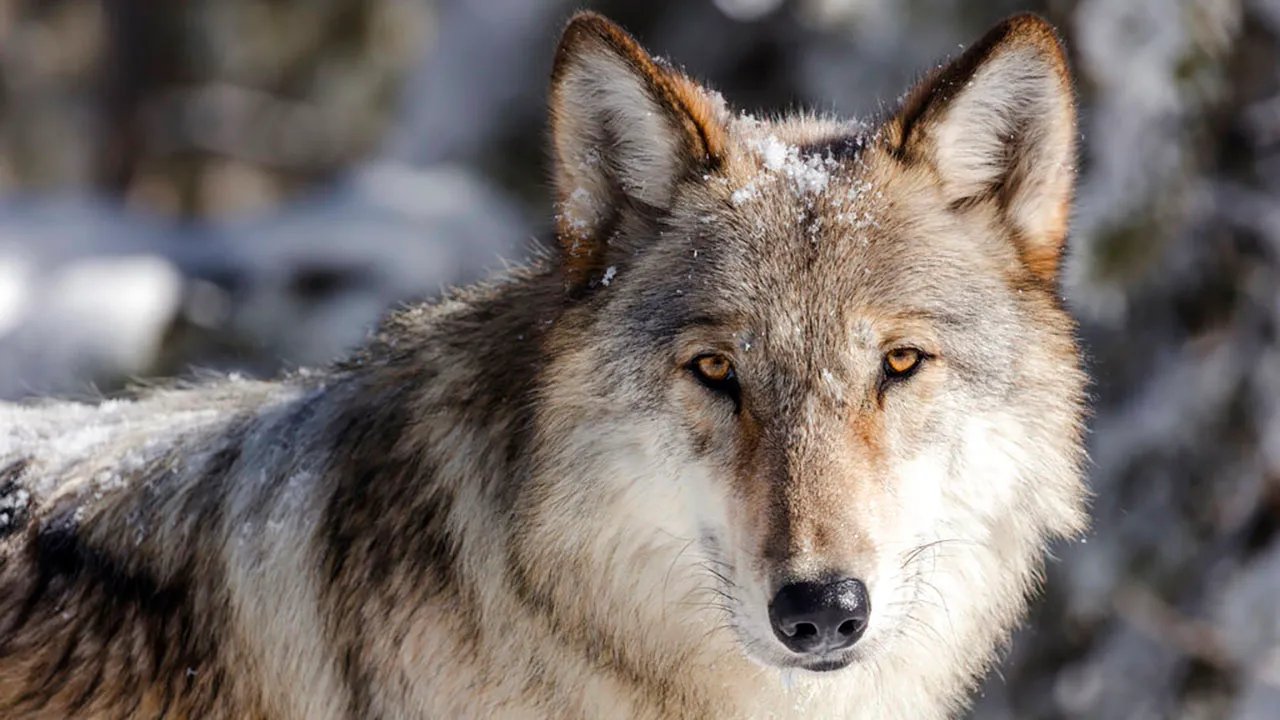On Monday, Dane County Circuit Judge Stephen Ehlke dismissed a lawsuit filed by animal welfare advocates aiming to invalidate Wisconsin’s new wolf management plan. The lawsuit, brought forth by the Great Lakes Wildlife Alliance, accused Wisconsin wildlife officials of breaching the state’s open meetings law and disregarding input from wolf researchers and supporters, underscoring the heated nature of the wolf management debate in the state.
Judge Ehlke ruled from the bench, granting a motion to dismiss filed by the Wisconsin Department of Natural Resources (DNR) and its board. The lawsuit focused on allegations that DNR policy board members favored certain interest groups during discussions on the wolf management plan, even after the public comment period had concluded.
Specifically, the lawsuit highlighted three private discussions attended by board members hosted by various organizations. However, Judge Ehlke determined that these discussions did not constitute official meetings under the open meetings law due to the absence of a sufficient number of board members.
Additionally, the judge rejected claims of due process and administrative procedure violations, as well as arguments that comments from the Great Lakes Wildlife Alliance were ignored during the plan’s formation.
In response to the ruling, Susann Bradford, attorney for the Great Lakes Wildlife Alliance, requested reconsideration, which was denied by the judge. Bradford stated that the group is considering whether to file an appeal.
The wolf management plan, adopted by the DNR’s board in October, recommends maintaining the statewide wolf population at around 1,000 wolves without setting a hard limit. This approach allows for flexibility in management while considering various factors affecting wolf populations.
While farmers and hunters have expressed concerns about the wolf population’s impact on livestock and deer populations, conservationists argue for protection of wolves, stating that they have yet to establish themselves firmly in Wisconsin.
Last year, gray wolves were placed back on the endangered species list, making hunting illegal and restricting farmers to nonlethal control methods. The DNR updated its wolf management plan in anticipation of potential delisting and resumption of hunting.
Efforts to remove wolves from the endangered species list face opposition, both at the federal level and in Wisconsin, where a bill to set a specific population goal was vetoed by Governor Tony Evers.















































